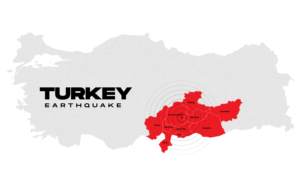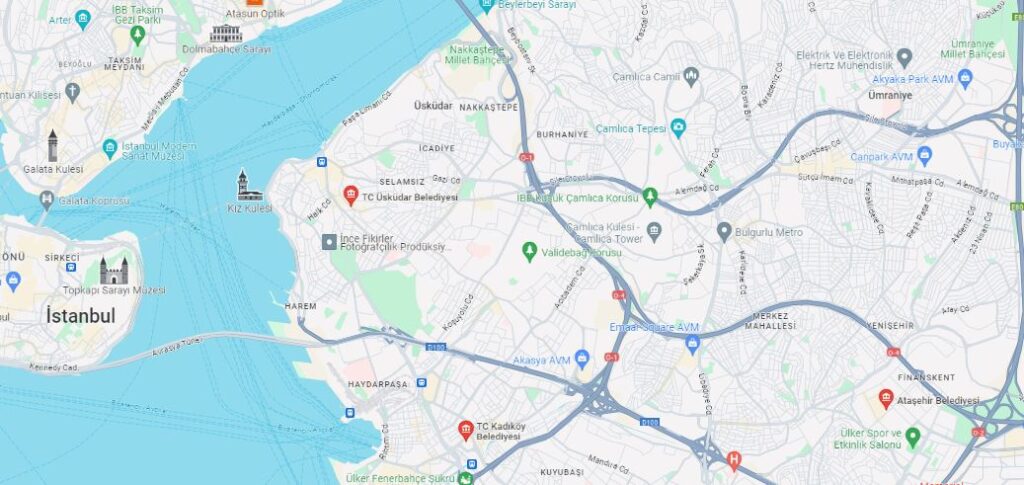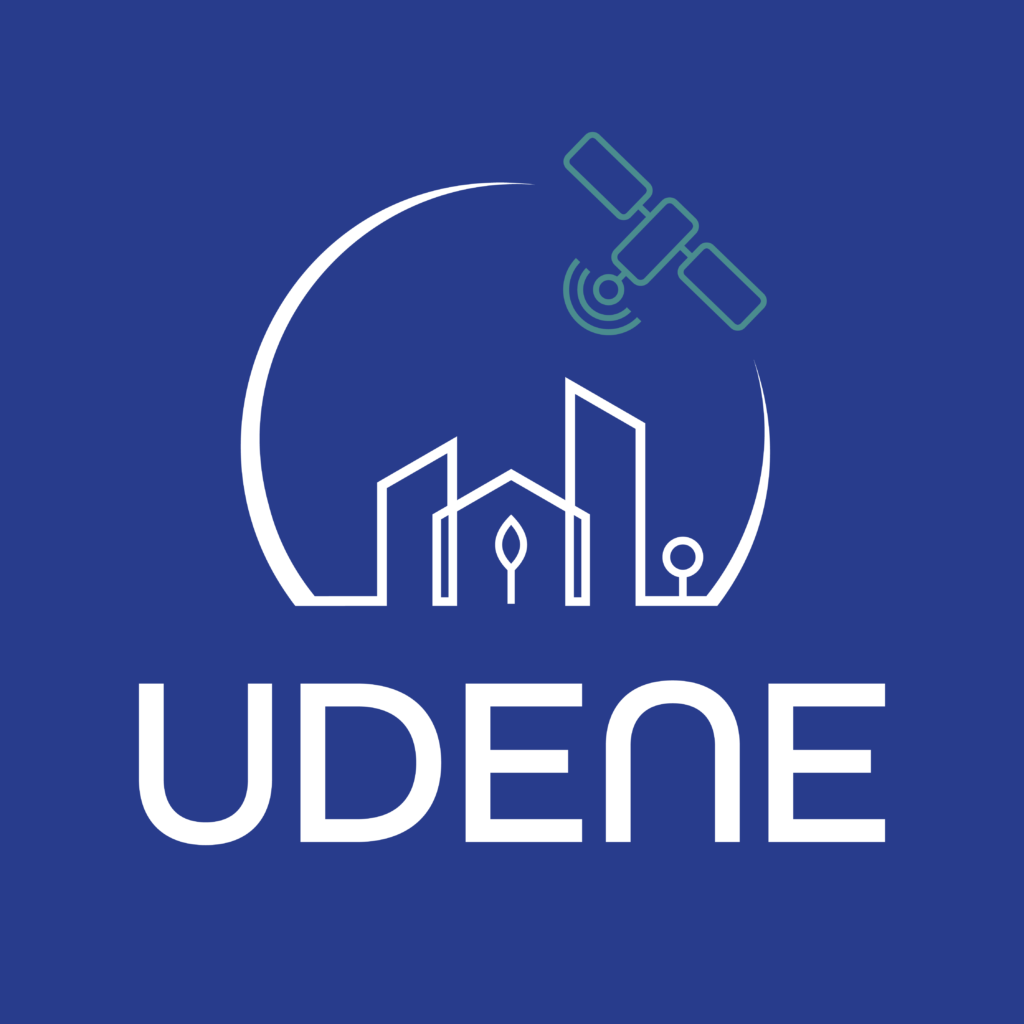Determination of Having a High-Rise District Effect in the context of Earthquake Preparedness

Considering the earthquakes that stroke Turkey in 2023 and to anticipate potential future occurrences, UDENE focuses on the impact of high-rise building districts on earthquake preparedness and/or damage and loss assessment in the Municipality of İstanbul, a highly populated urban area near an active fault zone segment.
To ensure earthquake-resistant urbanization, realization of evidence-based land use planning to test the earthquake preparedness of high-rise buildings is an important concern. Sustainable Development Goal 11 (SDG11) titled “Sustainable cities and communities” is constituting specific reference for such an achievement in resilient urbanization. This goal aims to make cities inclusive, safe, resilient, and sustainable, envisaging the indicators:
- Number of deaths, missing persons, and directly affected persons attributed to disasters per 100,000 population.
- By 2020, substantially increase the number of cities and human settlements adopting and implementing integrated policies and plans towards inclusion, resource efficiency, mitigation and adaptation to climate change, resilience to disasters, and develop and implement, in line with the Sendai Framework for Disaster Risk Reduction 2015-2030, holistic disaster risk management at all levels.
Main goals of the use case are:
- Conducting thorough assessments of the earthquake induced damage & loss to buildings, within high rise district.
- Determination of the rate of damage/undamaged buildings.
- Assessing the economic impact of the earthquake in the district.
- Defining in-situ variables to enable global search results for similar previous earthquake-affected areas.
The Asian part of Istanbul, located in the Marmara Region, is at risk of a severe earthquake. The study area covers Kadıköy-Ataşehir-Üsküdar District Municipalities of İstanbul Metropolitan Municipality.

